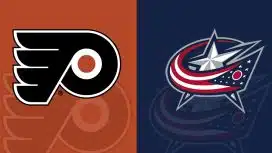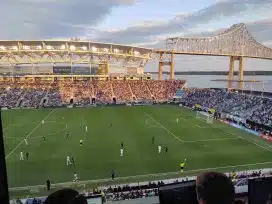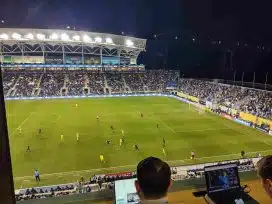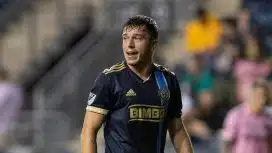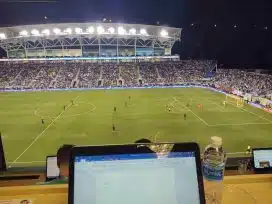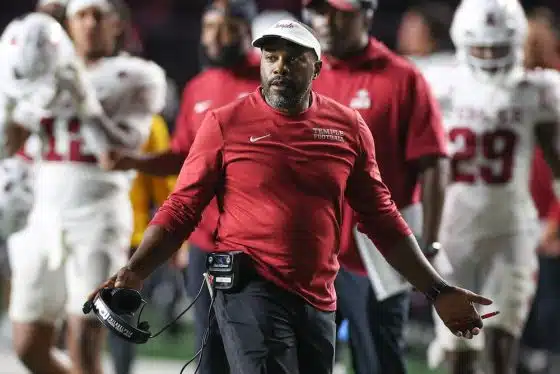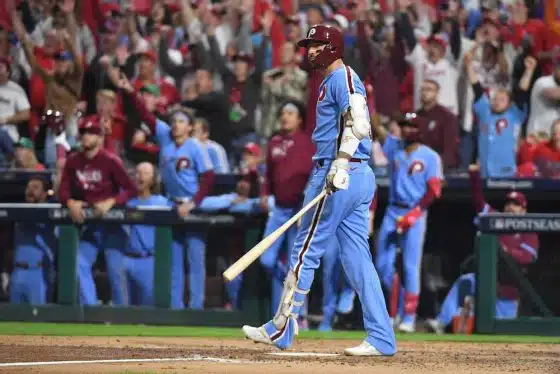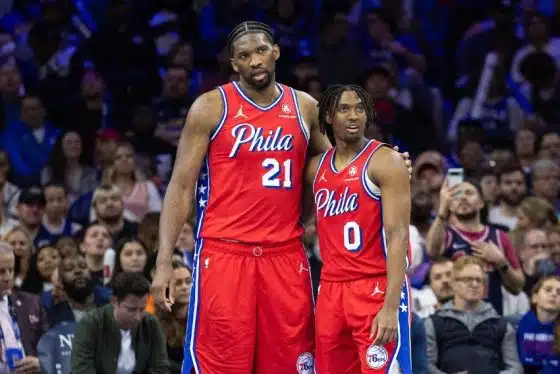Writer: Kevin Durso
Goodell’s image crashing as latest Patriots report surfaces
As the sun rises on this Wednesday morning, there is just one day separating football fans from the first true game day of the 2015 season.
That first game will just happen to feature the most controversial and talked about franchise in the NFL. And they happen to be defending Super Bowl Champions.
The New England Patriots are in the spotlight for all the wrong reasons again, as an ESPN report surfaced on Tuesday stating that the team filmed upwards of 40 games between 2000 and 2007 as part of "Spygate." Added to the mix was a cover-up from commissioner Roger Goodell, which may have been the reason he fought so hard for a suspension of Tom Brady in "Deflategate."
With Brady ready to hit the field on Thursday for the season opener, it is a sign of just how far Goodell has fallen as this saga continues.
At the start of his tenure, Goodell was doing a well enough job handling the incidents that pass through the commissioner's office.
All sports have players who violate disciplinary rules and all major leagues supposedly have a system to address those incidents. The goal is to have them happen few and far between. Keep in mind that in some cases, those disciplinary issues are in direct relation to actions in a game. The NHL has multiple hearings over in-game incidents according to the rulebook, but the incidents regarding off-the-ice behavior are rare.
There will always be those on-the-field things in the NFL that keep the league on its toes. But the off-the-field incidents are growing around the NFL.
Spygate. Bountygate. A players lockout. An officials lockout. Ray Rice. And then Deflategate.
In the beginning, it seemed like Spygate and Bountygate was handled well. Bountygate featured a full-season suspension to Saints coach Sean Payton, an indefinite suspension to former Saints defensive coordinator Gregg Williams, an eight-game suspension to general manager Mickey Loomis and a six-game suspension to assistant head coach Joe Vitt, as well as suspensions to players Jonathan Vilma, Anthony Hargrove, Will Smith and Scott Fujita.
In the wake of Spygate in 2007, Goodell issued a $500,000 fine to Bill Belichick, a $250,000 fine to the Patriots and a loss of the team's first-round pick in 2008.
Goodell's real only flaws – given the unknown details of Spygate — were the 2011 lockout — which dragged into August of 2011 — and the 2012 officials lockout which ended promptly after a blown call gave the Seattle Seahawks a last-second win over the Green Bay Packers.
Through this, he dealt with Adam "Pacman" Jones, Michael Vick and Aaron Hernandez and handed out what appeared to be just punishments to all without budging.
Then came Ray Rice.
The domestic violence claims on Rice and the video that followed led to a two-game suspension, which Goodell was heavily criticized for and later admitted he "didn't get it right."
That was the first of many. Adrian Peterson was eventually suspended for the remainder of the 2014 NFL season after playing from the start of the season in September and into November. He served a one-game suspension during that time that was issued by the Minnesota Vikings, not the NFL.
Deflategate led to a four-game suspension of Patriots quarterback Tom Brady, that was vacated by Judge Richard Berman. In addition, the NFL issued a 10-game suspension to Greg Hardy after domestic violence charges were filed against him, but not before allowing him to play the entire 2014 season under investigation. The suspension was reduced to four games in July, and Hardy will likely follow suit of Brady in taking the ruling to court appeal.
In light of the Spygate report, Goodell said he was "very open" to changing his role in disciplinary systems, citing that it is a very time-consuming process. It's likely too little too late for Goodell, who is already leaving a bad mark on the NFL.
Goodell's decisions have not only been questionable for the league, they have created an image that will be impossible to shed for both himself and his bosses.
And while the New England Patriots are the central team in the mix, Goodell is the central figure. The words commissioner, cover-up and make-up call can't be in the same sentence, but they are here. And any commissioner that has let a situation escalade to that level shouldn't keep his job.
Part of this isn't on the Patriots. Tom Brady is a victim of this. Here is one of the greatest quarterbacks of this generation and his career will be tarnished by a team-wide controversy and a private relationship between Robert Kraft and Goodell. It won't keep him out of the Hall of Fame or take away from the four Super Bowls he has won, but it will create opinions, the kind that follow Barry Bonds around.
But for Goodell, Kraft and Bill Belichick, there is a lot to ponder. Goodell should not survive this and may very well lose his position as commissioner sooner rather than later. Belichick and Kraft will be hand-in-hand until the parades stop and there are no more fingers for Super Bowl rings. It has gone from a feel-good story, the team that no one expected to win going all the way in 2001, to a dynasty that has so much controversy, it's destined to be a Hollywood story.
This is what Goodell's NFL has become and much like the steroid era in baseball or the lockout-cancelled season in the NHL, it will become a marker for the NFL. It will become a time when the controversies often overshadowed any progress the game made.
In a time when the league should be at its healthiest — there is a craving for football in America on an almost daily basis — Goodell has turned the NFL into CSI meets TMZ.
In the end, it will not only be a mark on the NFL but on Goodell as well. And it will almost certainly be the mark that leads to major changes across the league and the end of a commissioner.
Kevin Durso is managing editor for Eagledelphia. Follow him on Twitter @Kevin_Durso.












